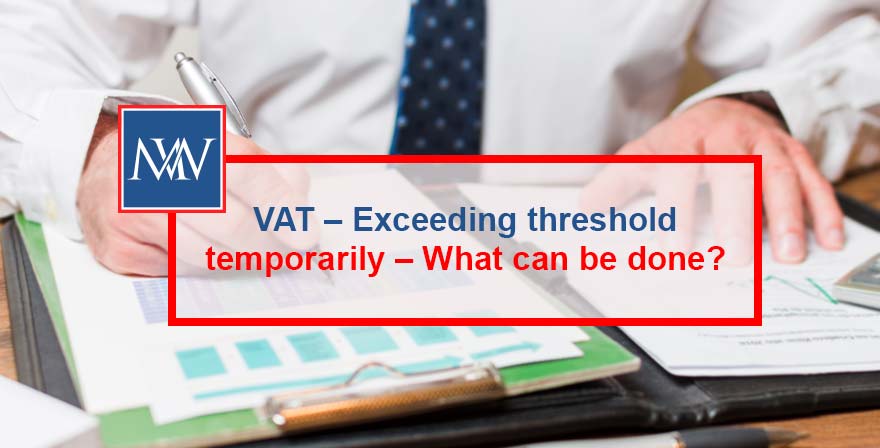Is it time to disincorporate?
On 26 October 2023 one of the most significant pieces of company legislation came into being. The main thrust of the Economic Crime and Corporate Transparency Act 2023 is to ‘prevent companies and others from carrying out unlawful activities, or facilitating others to carry out unlawful activities‘. New obligations are to be imposed on companies
Learn More







